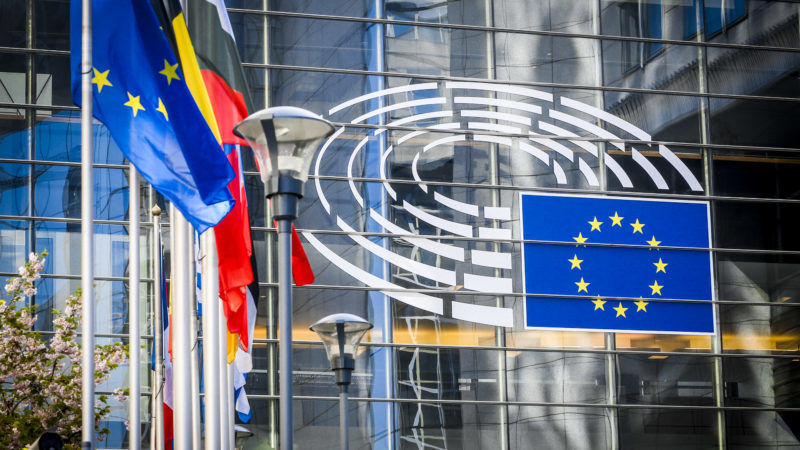Brussels will set out legal measures this week to halt Russian fossil fuel imports into the EU, but has delayed plans to address nuclear technology dependency, the Financial Times reported on 16 June.
EU countries have paid more than €200 bn ($231 bn) to Russia for fuel since Moscow’s invasion of Ukraine. While coal and oil imports have been sanctioned, nuclear fuel presents a complex challenge despite accounting for only €700mn ($810 mn) of €22bn ($25 bn) paid to Russia in 2024, according to Bruegel.
“Technically speaking the uranium supply chain is very complex,” said Ben McWilliams at Bruegel. “Therefore a gradual phaseout would be needed.”
The EU operates 101 nuclear reactors, 19 using Soviet designs. The bloc relies on Russia for 20-25 per cent of its uranium and often purchases Russian spare parts.
The European Commission wants the nuclear sector free of Russian imports by the 2030s, but a document published Friday warned €241 bn ($278 bn) of investment is needed to build domestic supply chains.
Russia’s dominance creates challenges. “[Russian state nuclear company] Rosatom is one of the biggest companies in all sectors of nuclear markets,” said Dmitry Gorchakov at Bellona.
Hungary and Slovakia strongly oppose phaseout plans. Their ministers said the 2030s timeline would lead to “higher and more volatile prices” and threaten energy security.
Russia dominates 55 % of global uranium enrichment. European companies Orano and Urenco hold 40 % alongside Russian and Chinese firms.
Boris Schucht, Urenco’s chief executive, said the company had started refurbishing centrifuges “which was originally not intended” to meet demand. He warned about circumvention: “We can already see Russia selling volumes to China and China selling volumes that would not otherwise have been available.”
Hungary’s Paks plant represents the biggest challenge. The country doubled down on Russian technology in 2014, building two new Rosatom-designed blocks. The plants should supply three-quarters of Hungary’s electricity needs.
Despite EU pressure, Hungary has not switched away from Russian nuclear fuel and parts. The commission will use trade measures requiring weighted majority approval rather than unanimous sanctions that Hungary and Slovakia could veto.
Frédéric Lelièvre at Framatome said Europe must accelerate domestic industry: “We need to have these facilities and with the IP in Europe to make sure we can deploy the programmes we want to deploy and not rely on anybody else.”
Read also:
- Moscow quietly rushes to reinforce its nuclear sites just 300 km from Sweden
- Latvian MP faces 20 years in prison after shouting in Russian at parliament
- German Vector and Twister drones already help Ukraine track targets. Soon, they’ll come armed with power to hear artillery before it hits




